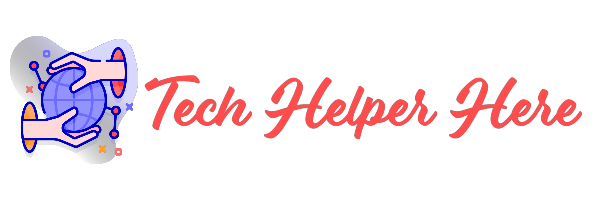Introduction:
In the recent past, Flutter, an open-source UI toolkit for building nifty apps developed by google has become highly popular. These include the following: ease of use, as well as rapid application development, simplicity. But here, as in any other tool for software development, there are disadvantages in using Flutter. In this article, the author takes their time to presents six arguments why the reader should consider getting away from Flutter.
Limited Native Performance
Flutter is based on the Dart programming language that was created precisely for building mobile applications. Because Swift is supported from the beginning, it is fast and can therefore handle so many applications but the performance is not the same as whether you are using Swift (iOS) or Java / Kotlin (Android). There is a couple of considerations to be made when considering leaving Flutter: If you are developing an ultrahigh demand app, say for a game or an application that uses a lot of graphics, Flutter may be too slow.
The Learning Curve is steeper for developers.
Whereas in other common frameworks such as React Native, the learning curve can be fairly steep when approaching a new platform as a developer. Dart and the whole Flutter platform are rather complex for learners even if Dart is an easy-to-learn scripting language. In addition, developers must be aware of the Riverpod package that is actually a reactive programming model of Dart which may require considerable time to master.
They also do not offer any cross-platform compatibility.
Although Flutter is intended to build applications for both the iOS and Android platforms side by side, some developers have complained that achieving identical appearances are challenging. For this, it can be anything from small discrepancies in the structure of the application down to problematic issues in how the app functions. It means that some of them might be simpler to apply on one platform rather than the other, which ultimately creates the risk of forming bugs or inconsistencies in the final result.
Restricted Unix Native Functionality
It’s a good feature that Flutter (and the Dart language it’s created with) is also more complicated to work with some of the native features of the device or native APIs. The fact is that there are times when you have to use the native code or the bridge channels to access a desired feature but that doesn’t mean the great Flutter widget library that makes Flutter the very best solution for building mobile apps for both iOS and Android is a weak one. This can therefore increase the complexity of the code, resulting in more complex code to develop, maintain and understand.
Restricted Third-Party Package Ecosystem
The packages available in the Flutter are increasing and are already in thousand package for different functionalities however some developers may require more packages or packages of greater categorization. At times, the packages which are offered may be suboptimal or contain relatively fewer capabilities than their native equivalents. Moreover, many developers can face a problem of compatibility or conflicts between packages which can take place when they use third-party packages in the process of developing Flutter application.
Loss of integration to Platform-dependent Functionality
As will be seen, having Flutter interpret what developers want means that developers lose some of the feedback they get from their operating systems and interfaces. This can reduce the likelihood of being able to make full use of or incorporate native functions or give the optimal user experience on a given platform. At some point, some developers might be compelled to sacrifice some of the best application design or features when designing with Flutter to accommodate itself as a cross-platform framework tool.
Conclusion: 6 Reasons to Not Use Flutter
Flutter is a robust framework for developing multi-platform application, but not without chasm abundant with pros in as well as cons. This article gives six reasons why you should not use Flutter in your next project before defining what specific advantages of using Flutter. All in all, the decision of which kind of survey would be suited to you would also depend on purpose, objectives and means at your disposal.















